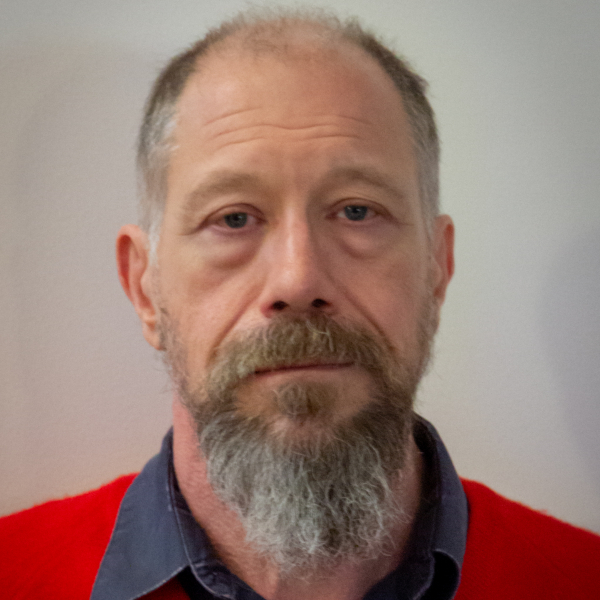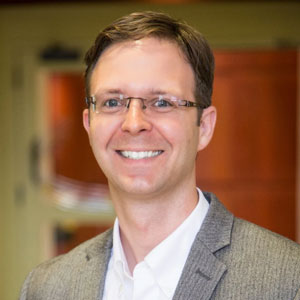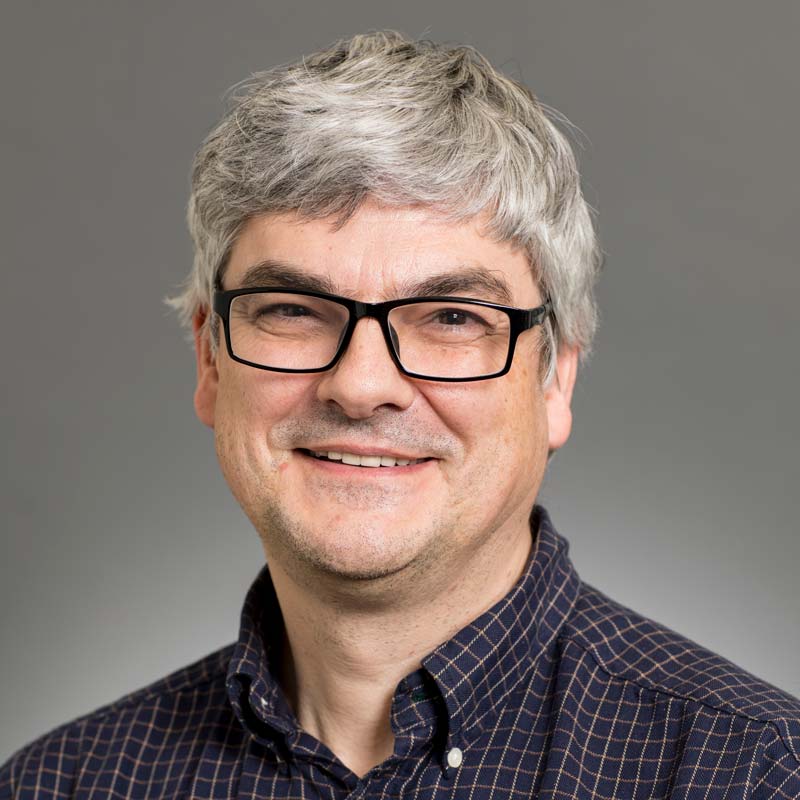Meet the Founders of Open Virtual Tissues (OpenVT)

Indiana University
James Glazier is Principal Investigator in the NSF OpenVT project and a professor of Intelligent Systems Engineering and faculty member at the Biocomplexity Institute. He is a luminary in the field of multicellular modeling. His pioneering Cellular Potts Models and efforts utilize physics-based computer simulations into embryonic development, as well as developmental and chronic toxicity and diseases. His work extends to contributions to the Digital Human Project and the development and optimization of treatments for various diseases, setting a benchmark in the application of computational methods in biology.
CompuCell3D
Indiana University
Paul Macklin, an associate professor of Intelligent Systems Engineering at Indiana University and a faculty member at the Biocomplexity Institute. He is Co-Principal Investigator in the NSF OpenVT project and specializes in developing computational models and tools that enhance our understanding of complex biological systems. His research primarily focuses on the multiscale modeling of tissues, particularly in the context of cancer development and treatment. Dr. Macklin's work aims to bridge the gap between biological data and clinical application, advancing the field of predictive oncology.
PhysiCell
Indiana University
David Wild, a professor of Informatics and Computing at Indiana University. He serves as Co-Principal Investigator on the OpenVT project. His expertise spans data science, cheminformatics, knowledge graphs, and computational drug discovery. Wild's research focuses on developing innovative computational tools and methods to analyze complex biological data, aimed at accelerating knowledge navigation, and the discovery of new therapeutic agents. His work significantly contributes to advancing the integration of informatics in biomedical research.
Learn More
University of Washington
The Center for Reproducible Biomedical Modeling at The University of Washington supports OpenVT. This Center focuses on enhancing simulations and models of biological systems from cellular processes to entire bodies. The center develops technologies that improve the accuracy, scalability, and reproducibility of models, ensuring their reliability for clinical use. It helps scientists annotate and verify models, promoting best practices in systems biology and multi-scale modeling. This is transforming complex system modeling in the scientific community.
Learn more